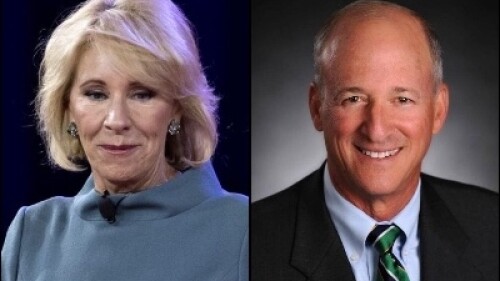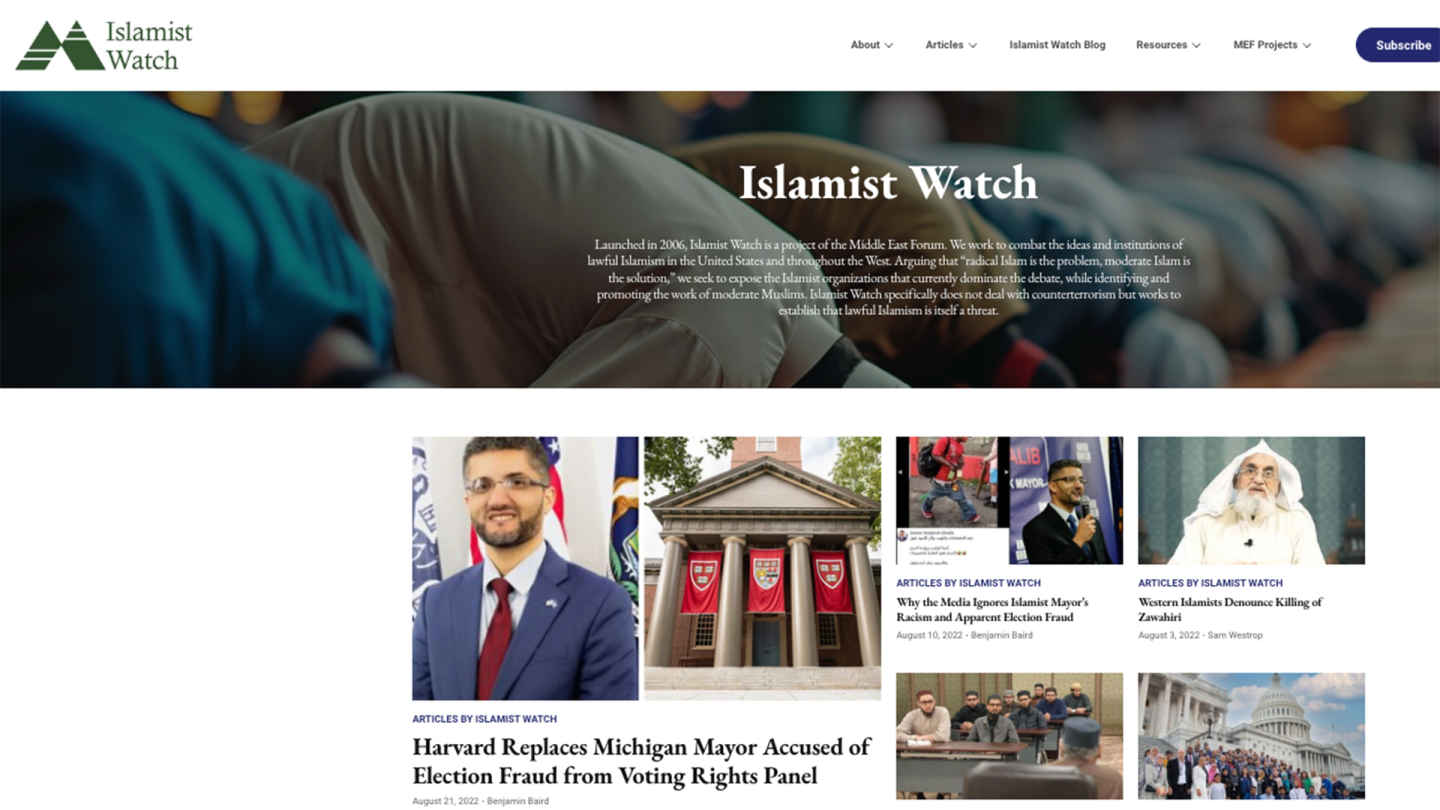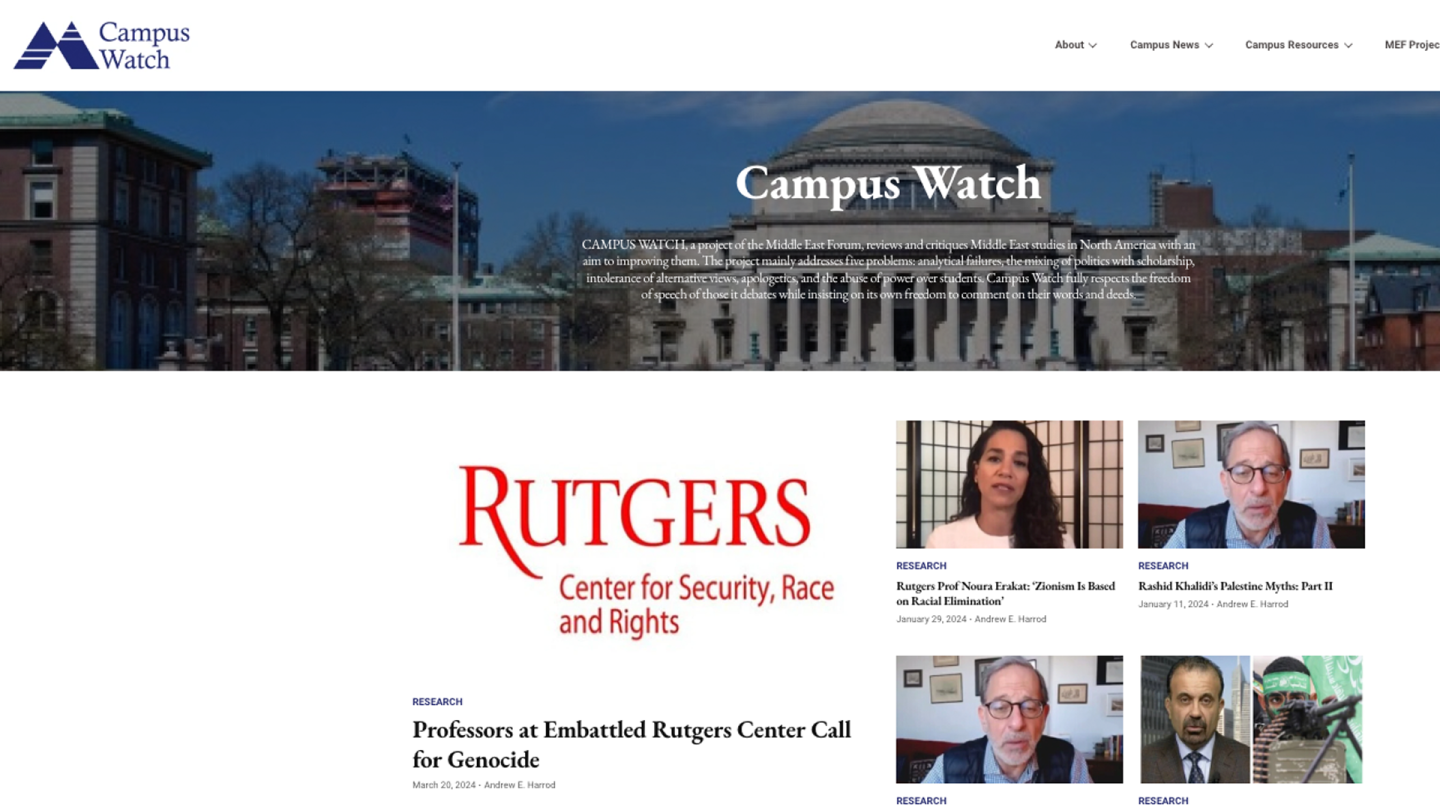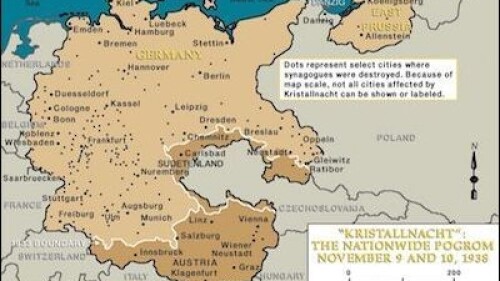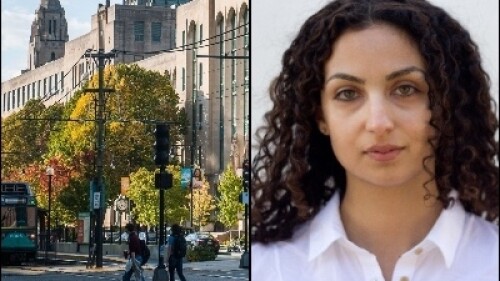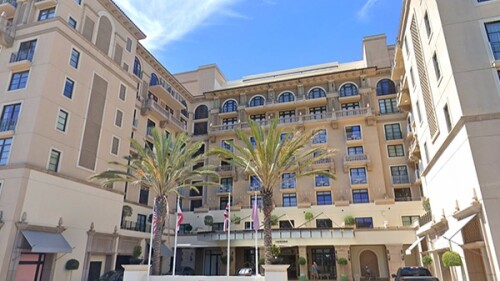As Israel and Hamas Struggle to Extend Their Ceasefire, Cairo Is Emerging as the Unlikely Deal-Maker
As Syria Faces a Power Vacuum, ISIS Regroups and Expands Its Reach.
Misconduct Fits a Pro-Hamas Strategy That Involves a Logic of Suffering and Martyrdom
The Danger Is Not Just What This Administration’s Stance Might Mean for Ukraine, but the Rubicon Crossed in U.S. Foreign Policy
As China’s Repression of Uyghur Muslims Continues, Morocco’s Commitment to Religious Tolerance and Human Rights Offers a Potential Refuge—and a Stark Contrast to Global Inaction.
With Iran’s Proxies Weakened and Its Air Defenses Damaged, the Time Is Ripe for Israel to Act Against Tehran’s Nuclear Program.
Separating the Faith from the Faithful in Islam
Peace Demainds Us To End the Destructive Chimera.
Federal Court Reinstates Case Against Halkbank, Alleging Illicit Financial Dealings With Hamas, Potentially Straining U.S.-Turkey Relations.
Spotlight: Should Syria Be Decentralized?
The Sunni jihadists ruling Syria claim to have abandoned violence. But whether directly and through proxies, their role in a series of armed attacks on minorities is undeniable. Druze and Alawites have suffered horrific killings, with Kurdish regions also being hit. In response to this sectarian slaughter, some minority communities are demanding autonomy or federalism.
Does Syria have a future as a unified country governed from Damascus? Or would its many minority groups be better served by a decentralized system, if not the breakup of the country into smaller, self-governing polities protected by Israel or others? MEF’s staff and fellows are actively engaged in analyzing this issue, as this selection of their work shows.
Does Syria have a future as a unified country governed from Damascus? Or would its many minority groups be better served by a decentralized system, if not the breakup of the country into smaller, self-governing polities protected by Israel or others? MEF’s staff and fellows are actively engaged in analyzing this issue, as this selection of their work shows.
In Just Eight Months of Sunni Islamist Rule in Syria, Already Three Large-Scale Incidents of Sectarian Violence Have Taken Place
Middle East Quarterly - Current Issue
Founded in 1994 by Daniel Pipes, MEQ is the Middle East Forum’s journal intended for both scholars and the educated public. Policymakers, opinion-makers, academics, and journalists write for and read the Quarterly, which is known for exclusive interviews, in-depth historical articles, and book reviews on subjects ranging from archaeology to politics and on countries from Morocco to Iran.
Fall 2025 Volume 32: Number 4
Fall 2025 Volume 32: Number 4
Middle East Forum Observer
Founded in 2024, the Observer provides rapid analysis on leading Middle East developments, from Marrakech to Mashhad and the Bab el-Mandeb to the Black Sea.
Launched in 2006, Islamist Watch is a project of the Middle East Forum. We work to combat the ideas and institutions of lawful Islamism in the United States and throughout the West. Arguing that “radical Islam is the problem, moderate Islam is the solution,” we seek to expose the Islamist organizations that currently dominate the debate, while identifying and promoting the work of moderate Muslims.
CAMPUS WATCH, a project of the Middle East Forum, reviews and critiques Middle East studies in North America with an aim to improving them. The project mainly addresses five problems: analytical failures, the mixing of politics with scholarship, intolerance of alternative views, apologetics, and the abuse of power over students. Campus Watch fully respects the freedom of speech of those it debates while insisting on its own freedom to comment on their words and deeds.



























